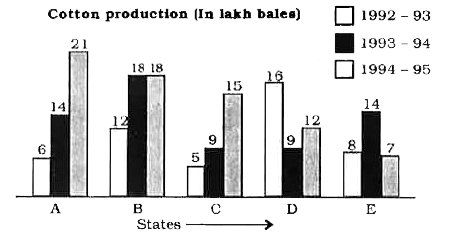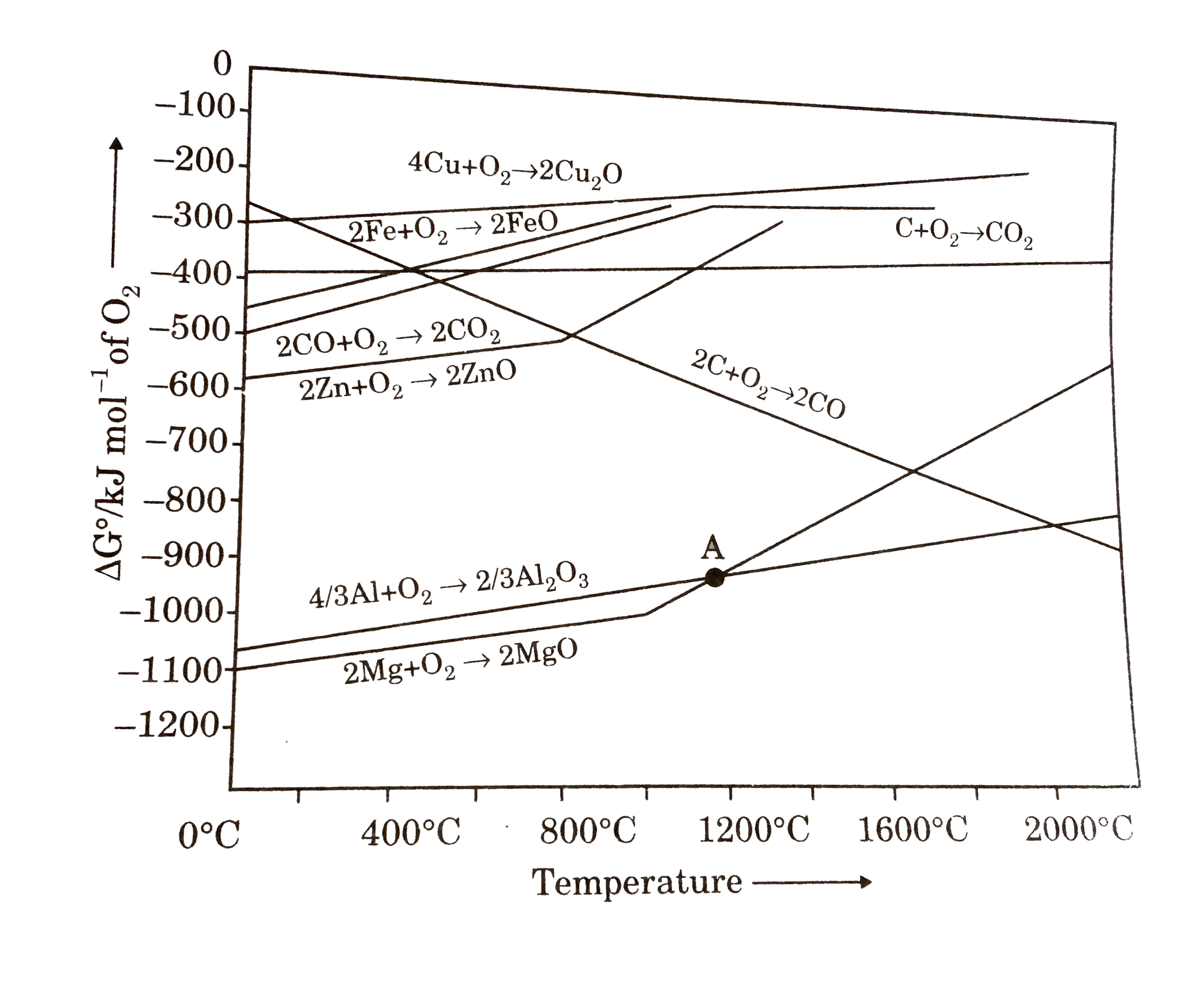Read each statement carefully and answer the following questions
Which of the following expressions will be true, if the expression
R>O=A>S<T is definitely true.
a. O>T
b. S<R
c. T>A
d. S=O
The correct Answer is:B
Step by step video, text & image solution for Read each statement carefully and answer the following questions Which of the following expressions will be true, if the expression RgtO=AgtSltT is definitely true. by Reasoning experts to help you in doubts & scoring excellent marks in Class 14 exams.
Updated on:21/07/2023Topper's Solved these Questions
- MATHEMATICAL OPERATIONS AND SYMBOL NOTATIONSBook:ARIHANT PUBLICATIONChapter:MATHEMATICAL OPERATIONS AND SYMBOL NOTATIONSExercise:Let us Practice (A. Base Level Exercise )
Explore 47 Videos
- LOGICAL VENN DIAGRAMS Book:ARIHANT PUBLICATIONChapter:LOGICAL VENN DIAGRAMS Exercise:Let us Practice ( B. Expert Level Exercise )
Explore 18 Videos
- MIRROR IMAGE Book:ARIHANT PUBLICATIONChapter:MIRROR IMAGE Exercise:LET US PRACTICE (DEPORT LEVEL EXERCISE )
Explore 15 Videos
Similar Questions
Knowledge Check
which of the following expressions will be true if the expression V≤W<R≥N=S≥M is definitely true ?
AR≤VBR=NCR>NDEither R=NorR>NWhich of the following expression is not true ?
A[H+]=[OH−]=√Kw for a neutral solution at all temperatures.B[H+]>√Kwand[OH−]<√Kw for an acidic solutionC[H+]<√Kwand[OH−]>√Kw for an alkaline solutionD[H+]=[OH−]=10−7 M for a neutral solution at all temperature.Which of the following expression is true :-
AH∘f(CO,g)=12ΔH∘f(CO2,g)BΔH∘f(CO,g)=ΔH∘f(C, graphite)+12ΔH∘f(O2,g)CΔH∘f(CO,g)=ΔH∘f(CO2,g)−12ΔH∘f(O,g)DΔH∘f(CO,g)=ΔH∘comb(C, graphite)−ΔH∘comb(CO,g)
Study the graph carefully and answer the following questions.

Which of the following statement is false ?
View SolutionWhich of the following statements is /are true?
View SolutionWhich of the following expressions is true for an ideal gas ?
View SolutionWhich one of the following will be definitely true if the expression Q<S>V=W≥O≥R is definitely true ?
View SolutionWhich one of the following will be definitely true if the expression D=C≥A>B≥F<G=E≤H is definitely true ?
View Solution

